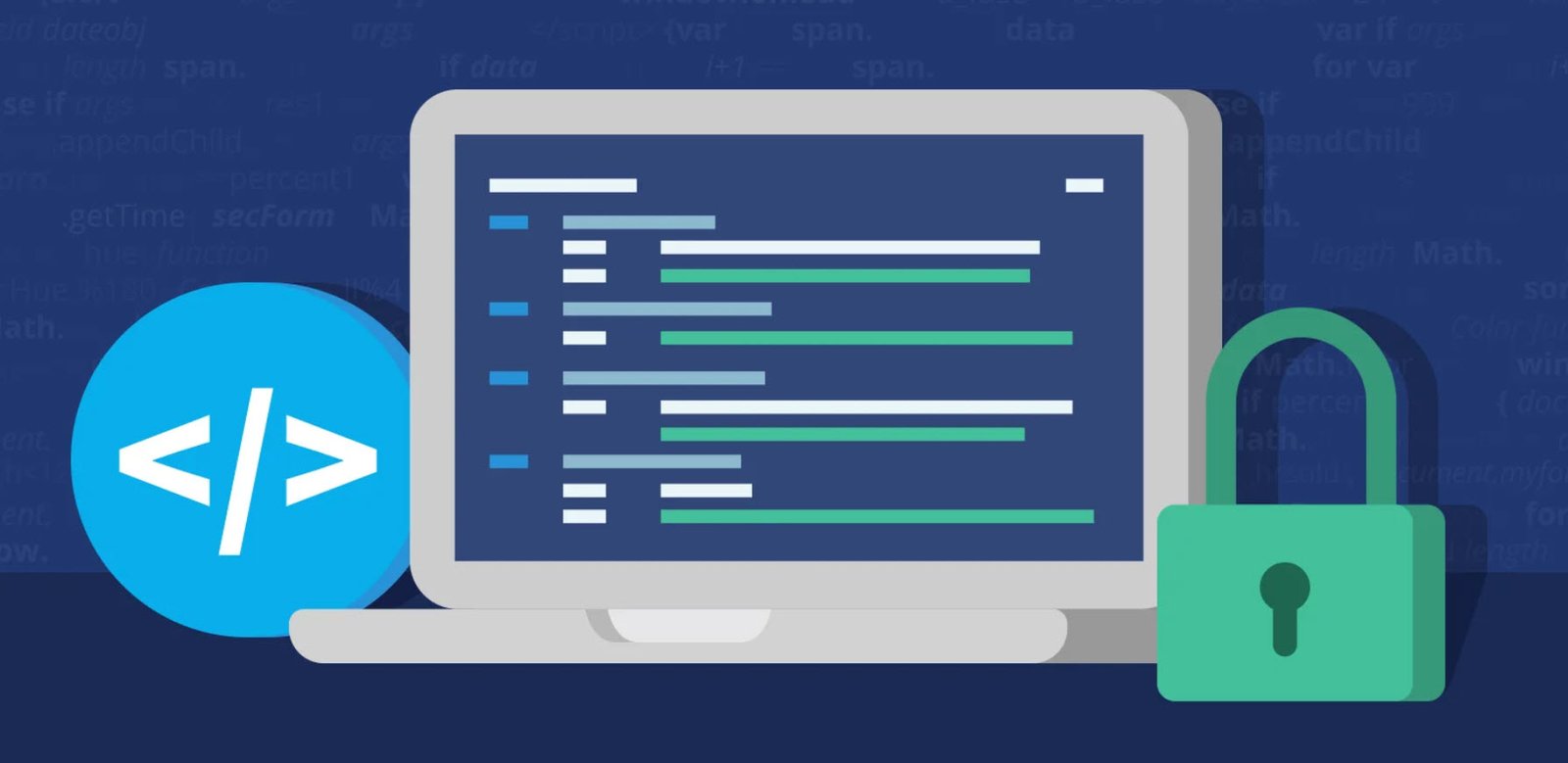
In today’s digital landscape, the security of our personal and sensitive information is of paramount importance. One of the most fundamental aspects of maintaining online security is creating strong and robust passwords. A strong password acts as the first line of defense against unauthorized access and potential cyber threats.
In this article, we will outline a set of essential guidelines for managing strong passwords that can significantly enhance your online security.
Length Matters: Opt for 12-14 Characters
When it comes to password length, bigger is indeed better. Aim to create passwords that are at least 12 to 14 characters long, if the platform permits. Longer passwords are inherently more challenging for attackers to crack, as they increase the number of possible combinations, making brute-force attacks much more difficult and time-consuming.
Ditch the Predictable: Say No to Repetition and Dictionary Words
Avoid the pitfalls of using easily guessable passwords based on repetition, dictionary words, or common phrases. Cyber attackers have sophisticated tools that can swiftly crack such passwords by systematically trying all possible combinations. Instead, opt for a combination of seemingly unrelated words or phrases.
Mix it Up: Numbers and Symbols Add Complexity
Integrate numbers and symbols into your passwords, if the platform allows. These special characters significantly enhance the complexity of the password, making it even harder to crack. A combination of letters, numbers, and symbols creates a potent defense against various types of attacks.
Case Sensitivity: Embrace Both Capital and Lower-Case Letters
A simple yet effective strategy is to incorporate a mix of capital and lower-case letters in your password. This greatly broadens the possibilities and permutations attackers would need to explore to gain unauthorized access. For example, “PaSsWoRd123” is more secure than “password123.”
One Password, One Purpose: Avoid Reusing Passwords
It’s tempting to reuse passwords across different platforms and websites for convenience. However, this practice can be highly detrimental to your online security. If one of your accounts is compromised, hackers may attempt to use the same credentials across other platforms, jeopardizing your entire digital presence. Make it a rule to use unique passwords for each site or purpose.
Guard Your Preferences: Avoid Using Personal Information
Steer clear of incorporating easily discoverable personal information, such as your name, birthdate, or the names of family members or pets, in your passwords. Hackers often exploit publicly available information to guess passwords, and using personal details makes their job much easier.
Embrace Randomness: Utilize Password Generators
If possible, leverage the power of password generators. These tools create complex, random passwords that are exceedingly difficult to crack. Generated passwords often include a mix of upper and lower-case letters, numbers, and symbols, offering an optimal blend of security and complexity.
Conclusion
In a world where our digital lives are increasingly intertwined with technology, safeguarding our online presence is vital. A strong password is not just a requirement but a responsible practice that ensures the safety of our personal information, sensitive data, and digital transactions.
By adhering to the guidelines outlined above – crafting lengthy and complex passwords, avoiding predictability, embracing variety, and steering clear of reuse – you can fortify your online security and minimize the risk of falling victim to cyber threats. Remember, a strong password is like a virtual lock that safeguards your digital world from prying eyes, so make it count!
You may also like:- Gmail and Facebook Users Advised to Secure Their Accounts Immediately
- Pentagon’s Proactive Approach to Cybersecurity – Over 50,000 Vulnerability Reports Since 2016
- Windows Hardening – Key Points To Remember
- Top 10 Fundamental Questions for Network Security
- How to Remove x-powered-by in Apache/PHP for Enhanced Security
- 12 Point Checklist – PHP Security Best Practices
- Secure Programming Checklist – 2023 Compilation Guide
- The Ultimate Network Security Checklist – 2023 Complete Guide
- Top 28 Essential Tips To Safeguard Your Computer
- 26 Tips for Secure Browsing and Online Shopping









This Post Has One Comment